The war in Ukraine suddenly changed the outlook on the global long steel products market. At the beginning of this year, demand was expected to determine prices in the market, but now the driving force of prices is supply. New sanctions are gradually announced on Russia, Ukraine's production is undermined. According to the report of the International Association of Rebar Exporters and Manufacturers (IREPAS), the problems experienced in both long and semi-finished products are presented as opportunities for some countries, including Turkey, in the same geography.
IREPAS prepared a report on how the war in Ukraine changed the rules of the game in the industry. The report includes determinations on how the price, demand and production balances were reshaped after the war. The headlines from the report are as follows:
Price balance deteriorates between Asia and Europe
There is demand in the western hemisphere, but there is a supply problem. There is also stable demand in the eastern hemisphere, but the strong presence of Chinese and Southeast Asian producers creates a price differential between these two regions. As a result, there is a price imbalance between Asia and the rest of the world. The difference between Turkish origin rebar and wire rod prices and product originating from China, Vietnam or Malaysia is more than $100 per ton. The price difference between the North American and EU/UK markets is even greater. International markets are becoming more regional than ever before. Europe is currently the region with the highest price for steel. Asian and especially Chinese prices are significantly lower than anywhere else. Steel trade is shifting from selling to Asia to buying from Asia.
Demand and prices increased in the EU
EU manufacturers do not want to make long-term commitments. More daily sales from stock are preferred. Concerned that some factories will reduce their capacity utilization rates, construction companies' desire to guarantee the material in their projects creates more demand than normal. The decrease in import options supports the upward movement in prices. In the USA, on the other hand, demand and supply display a more horizontal outlook. However, considering that domestic producers are working at full capacity, it can be expected that purchases will be compensated by imports in case of an increase in demand. It can be said that the prices in the USA are also inclined to rise.
More scrap for Turkey
In the global scrap segment, supplies from Russia and Ukraine have almost come to a standstill. Open was welcomed from Europe. Turkish producers in particular compensated for the shortfall.
Scrap transactions are decreasing, prices are falling
Short-term scrap futures contracts on the London Metal Exchange fell sharply in the week to April 7, while trading volumes fell. The Platts April contract, as assessed by S&P Global Commodity Insights, fell $8.75/t to $636.50/t on April 7. The May contract was down $30.75/t to $609.50/t. The June contract also fell $35/t to $599.50/t. In the second quarter of the year, the decline in forward prices compared to April contracts, in other words the increasing 'bacwardation', points to the investor's expectation that the relaxation in scrap prices will continue.
Horizontal trend in Turkish scrap
Looking at the domestic market, 1-month futures prices for imports of premium heavy melting scrap 1/2 (80:20) remained flat at $638/t CFR on April 8, as most mills were cautious about making purchases. Commenting on the domestic market, an industry representative said, "The market is stable but calm, so if we do not see an increase in demand from the producers next week, there may be a decline in prices." In the week of April 7, LME scrap futures volume decreased to 22 thousand 790 tons from 85 thousand 690 tons in the previous week.
Rebar price stable in Turkey
Short-term rebar futures also saw strong losses in the week to April 7, in line with scrap. April valued the contract at $939.50, down $10.50/t. The May contract fell $16 to $929.50 while the June contract fell $11 to $919.50. While physical rebar export prices in Turkey appeared stable between $955-960/ton on April 7, firms in Turkey stated that they were more willing to accept higher prices compared to other export markets in Europe.


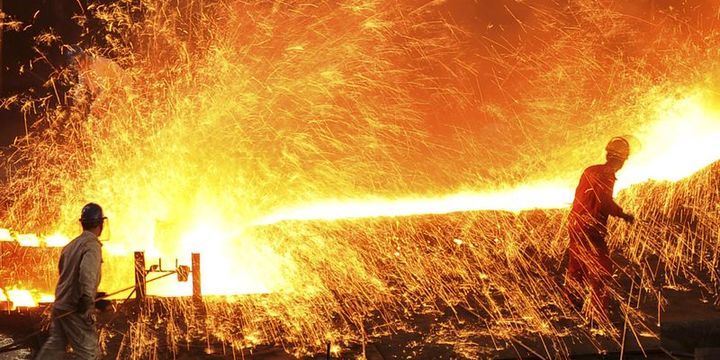
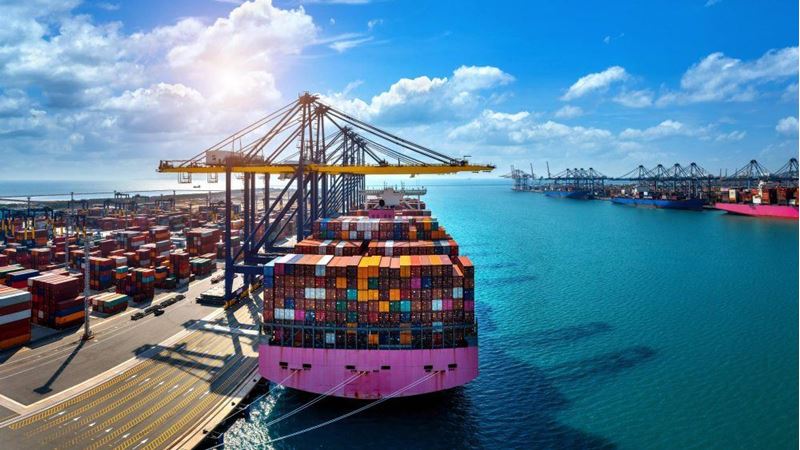
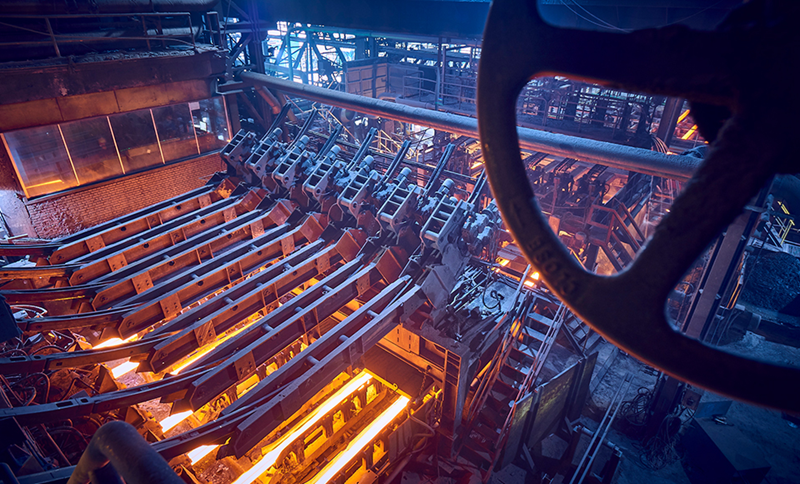
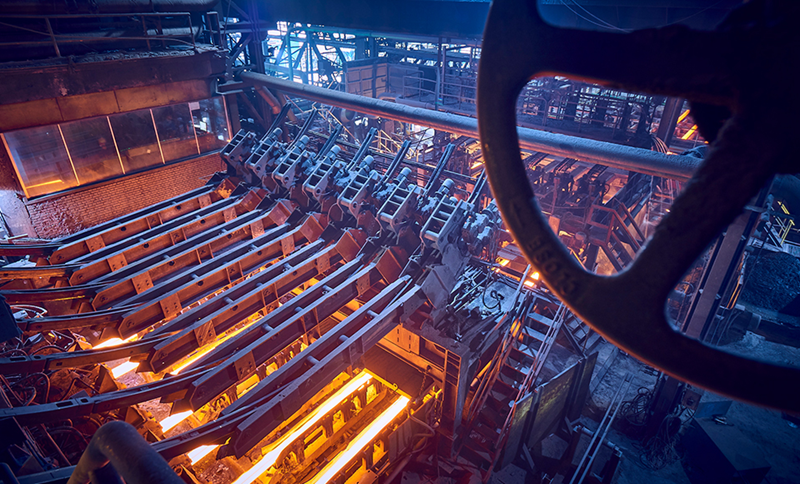

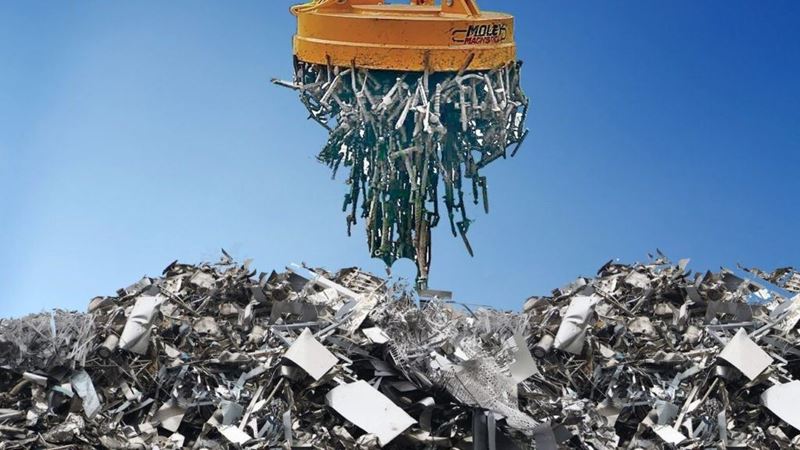

Comments
No comment yet.